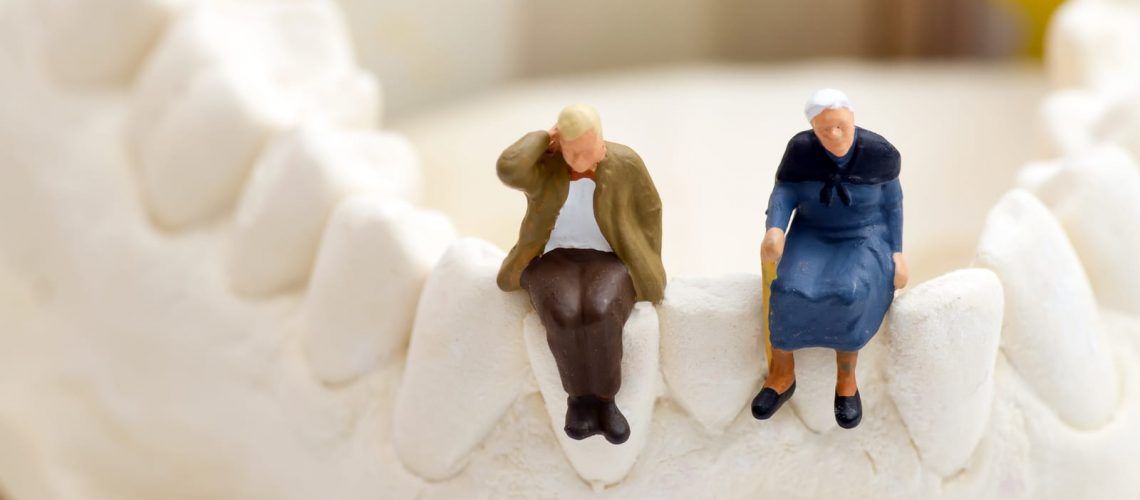Our dental hygiene routine is a cornerstone of maintaining good oral health over a lifetime. As we enter our later years we begin to face a growing number of heart problems, some of which can have a direct impact on our ability to maintain this routine. Some of the complications involved can affect our range of motion, making it difficult to brush properly. More serious for some is the advance of cognitive decline, which makes maintaining routines, such as that involved with oral hygiene, more difficult.
Understanding Alzheimer’s Effect On Oral Health
Alzheimer’s is the sixth highest ranked reason for patient death in the US, and has a long and traumatic onset typified by cognitive decline. It is therefore one of the highest contributors to poor oral hygiene in elderly patients. This is a result of all of the things that can fall to the wayside as our ability to plan and remember declines. Among the things often forgotten is the twice-yearly visit to see our dentist or hygienist. This practice is an essential part of maintaining our oral health throughout our lives, and becomes even more important as we age.
In addition, we have to maintain a consistent practice of flossing, mouthwash, and brushing to ensure that gingivitis and tooth decay are held at bay. Alzheimer patients were demonstrated to have a difficult time maintaining these habits in a study found in the International Journal of Environmental Research and Public Health.
Every year seeds ten million additional cases of dementia being reported throughout the world. Among them, 65% come with an Alzheimer’s diagnosis, and the number appears to be growing. The reason for the growing rate of elderly patients with Alzheimer’s isn’t well understood. Improved medical care leading to more patients reaching advanced age are strongly indicated. As more and more patients become affected by this condition, it’s essential that care tailored to their needs is made available.
How Your Dental Professional Plays a Role In Preserving Oral Health With Alzheimer’s
Efforts are being made in the dental community to provide compassionate care tailored to these patient’s needs. This is demonstrated by ongoing education centered on patients experiencing cognitive decline and the challenges they face. This is put into action using techniques such as:
- Fluoride and sealants being made available to aid in long-term dental protection.
- Individual plans for dental treatment that are tailored to the patient, with an emphasis on concerns tied to dementia.
- Finding alternative treatment solutions that are available under the dental insurance available to the patient.
Serving a full spectrum of dental patients requires innovative services like those listed above. Coordination with family and caretakers is another important step in finding solutions that will work for the patient. Every year the dental community works closely with other medical providers, patients, and their families to find new ways to provide care. As we enter our golden years, we all deserve the dignity of a beautiful, pain-free smile. Call your provider today to see what solutions they offer for dental care for patients with Alzheimer’s.


